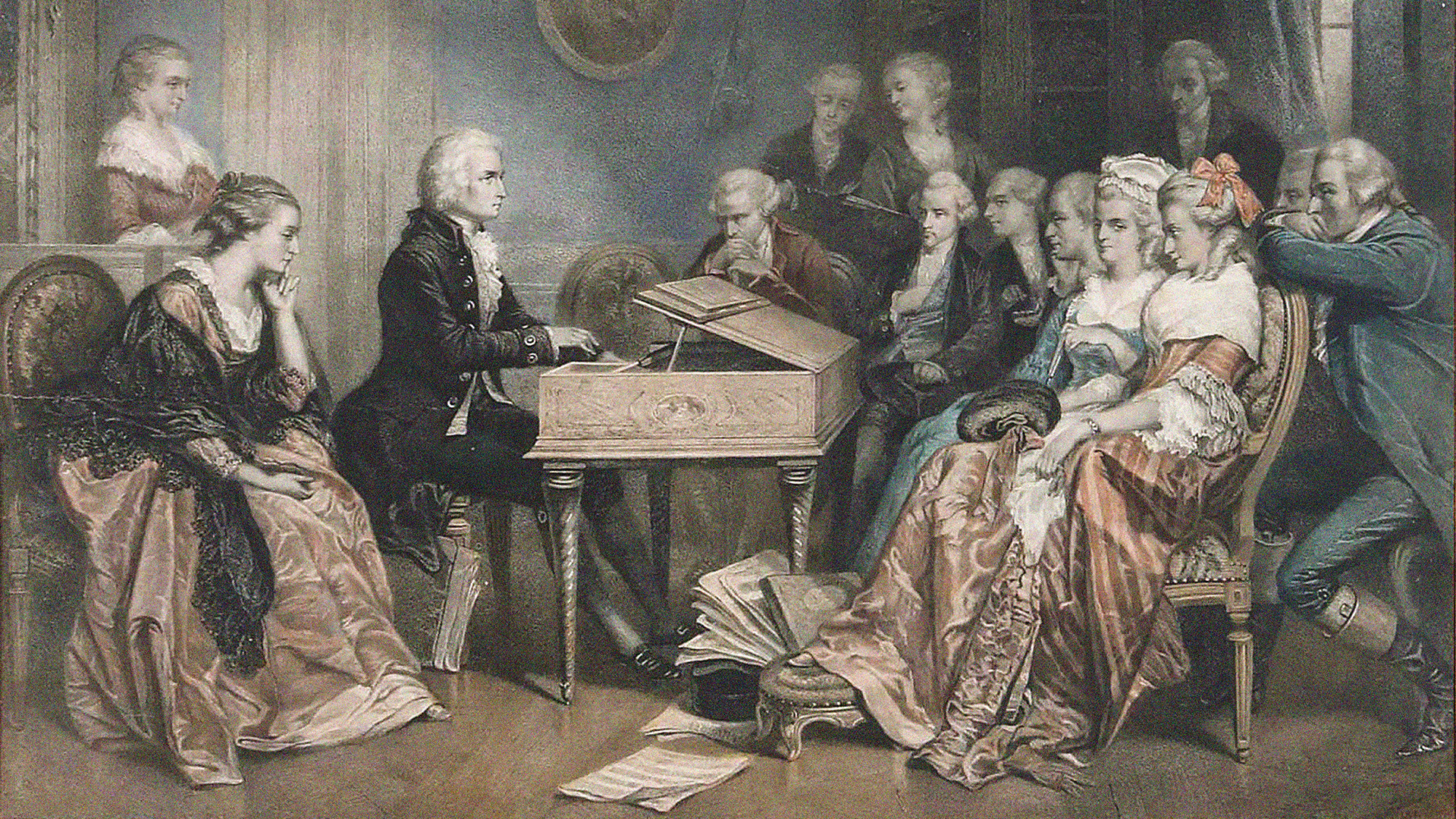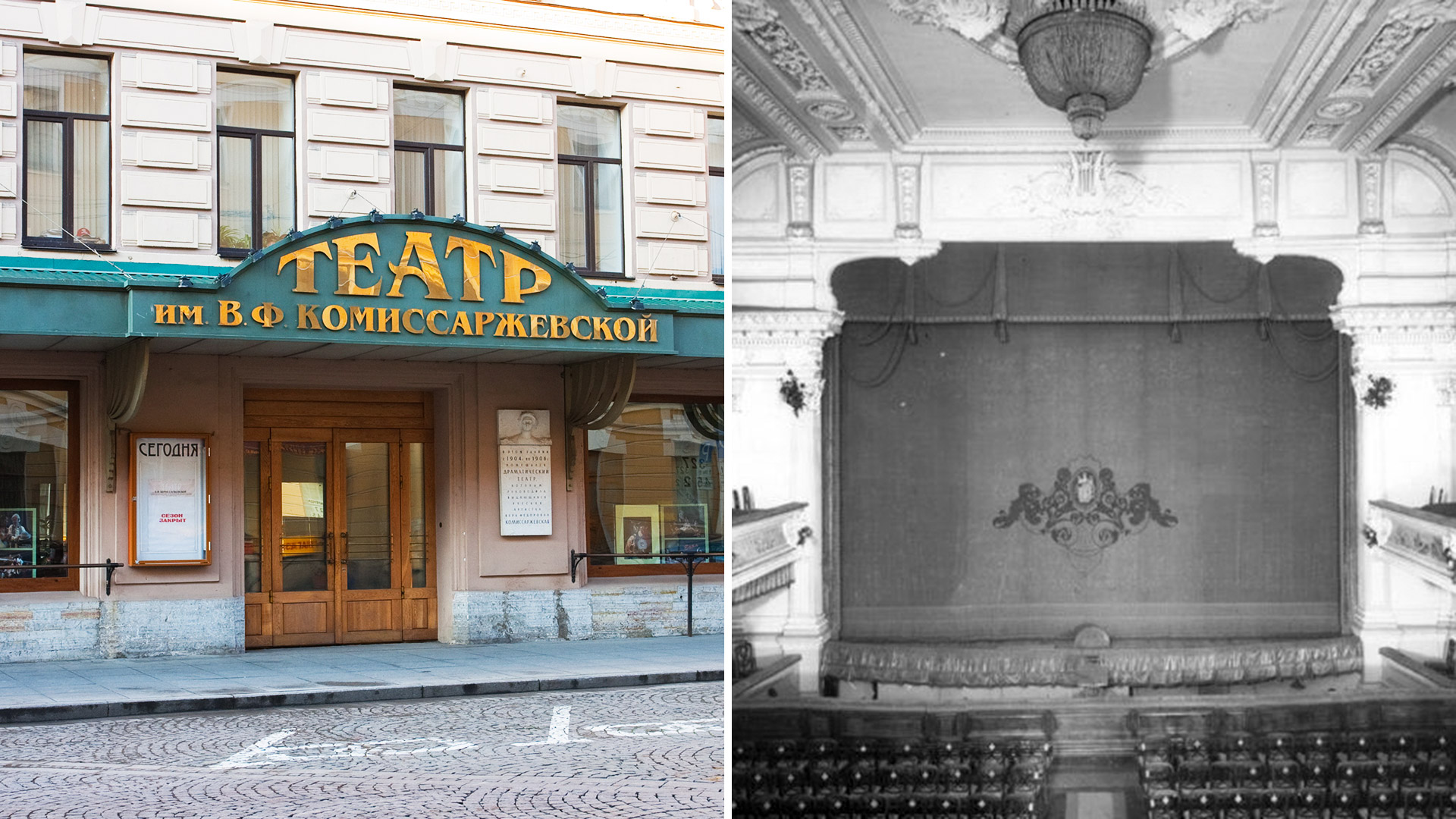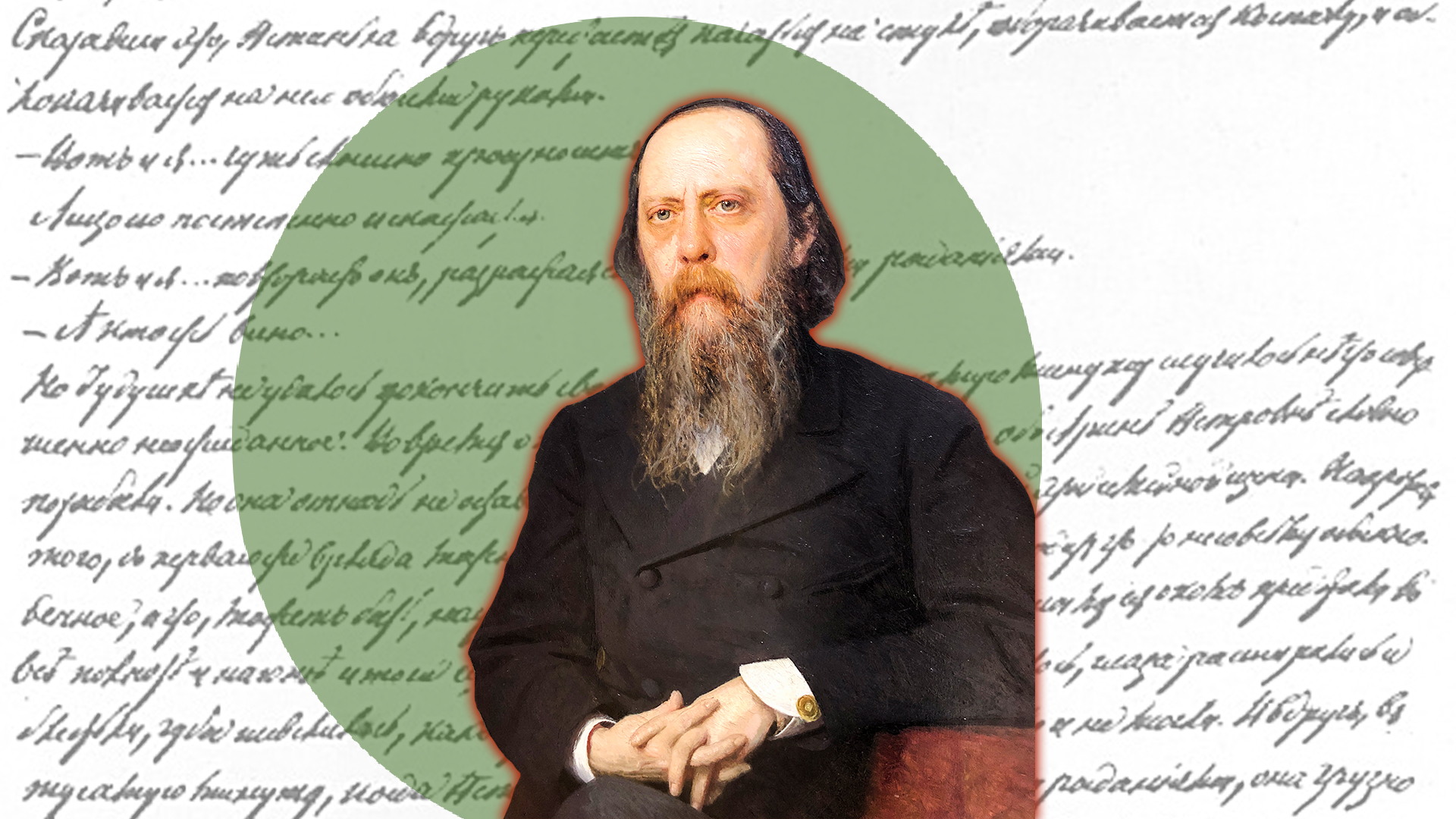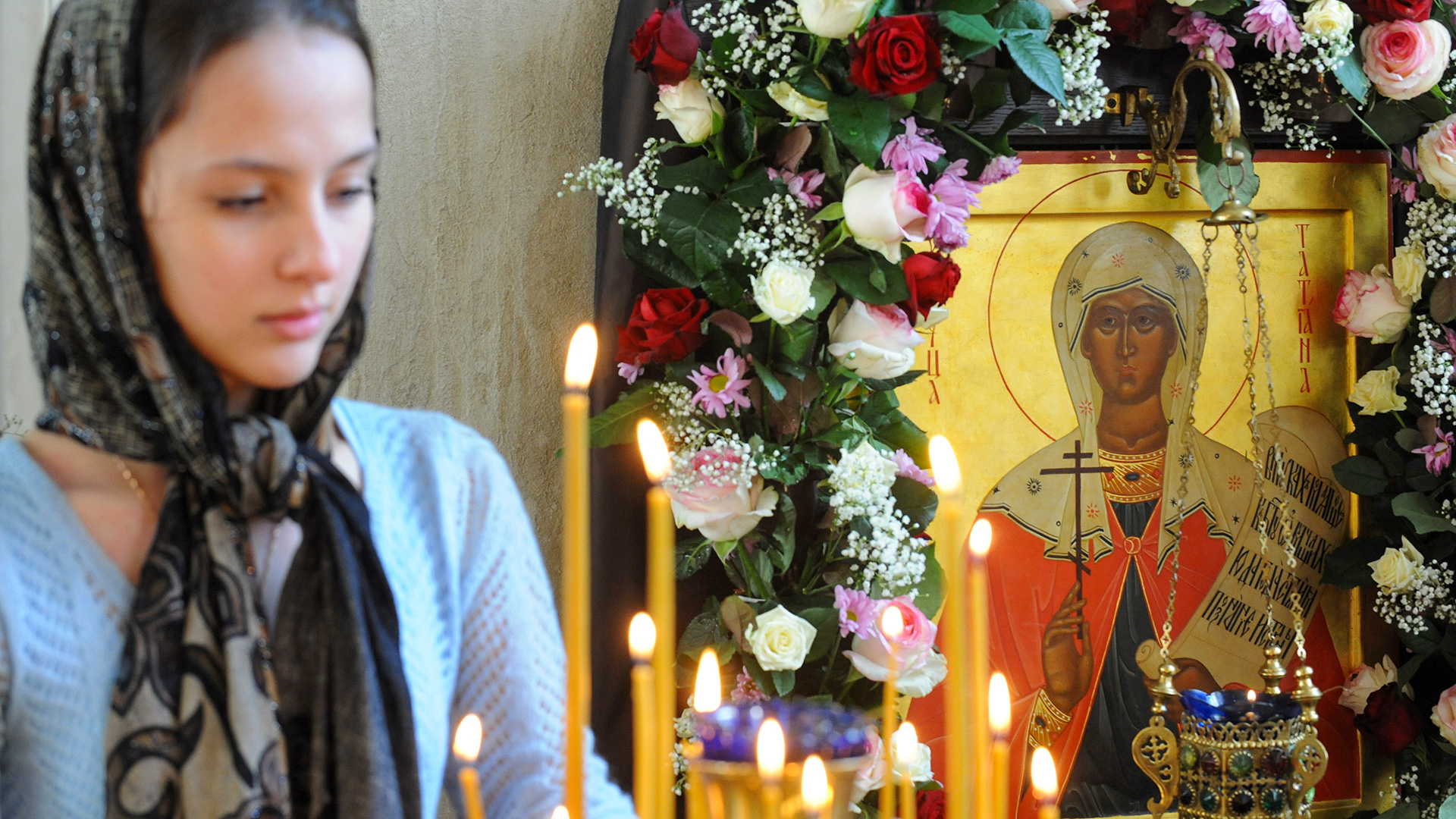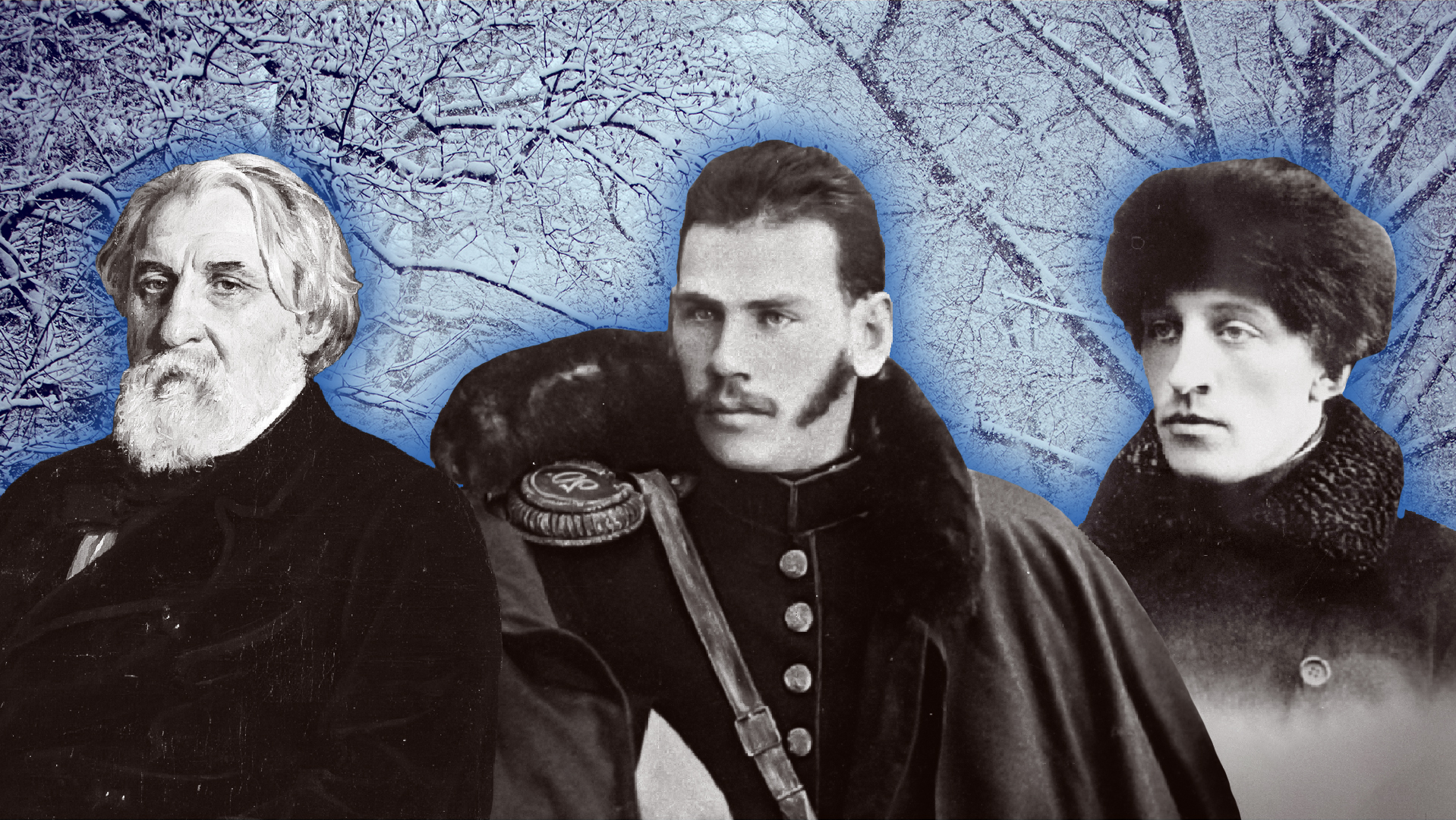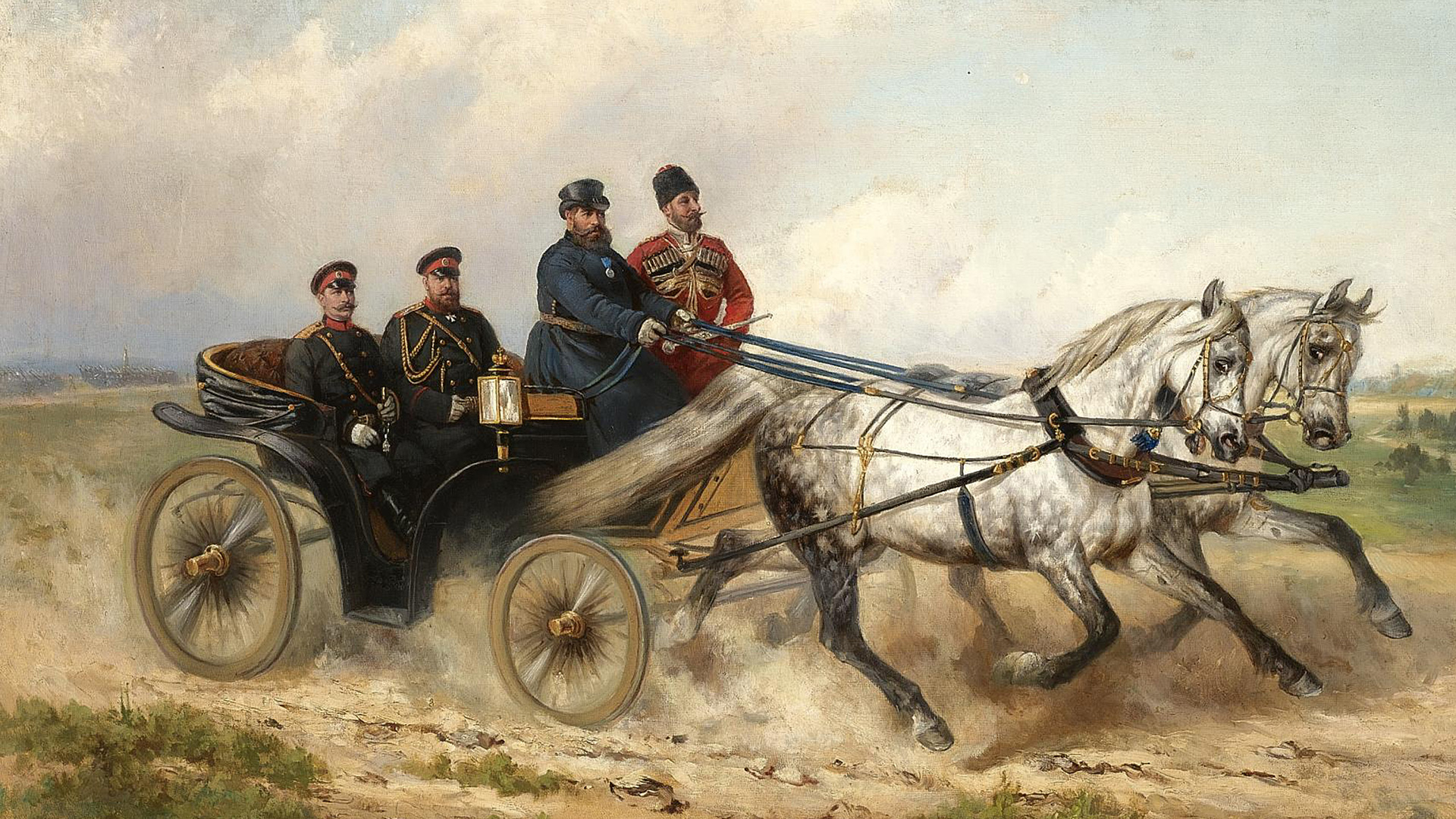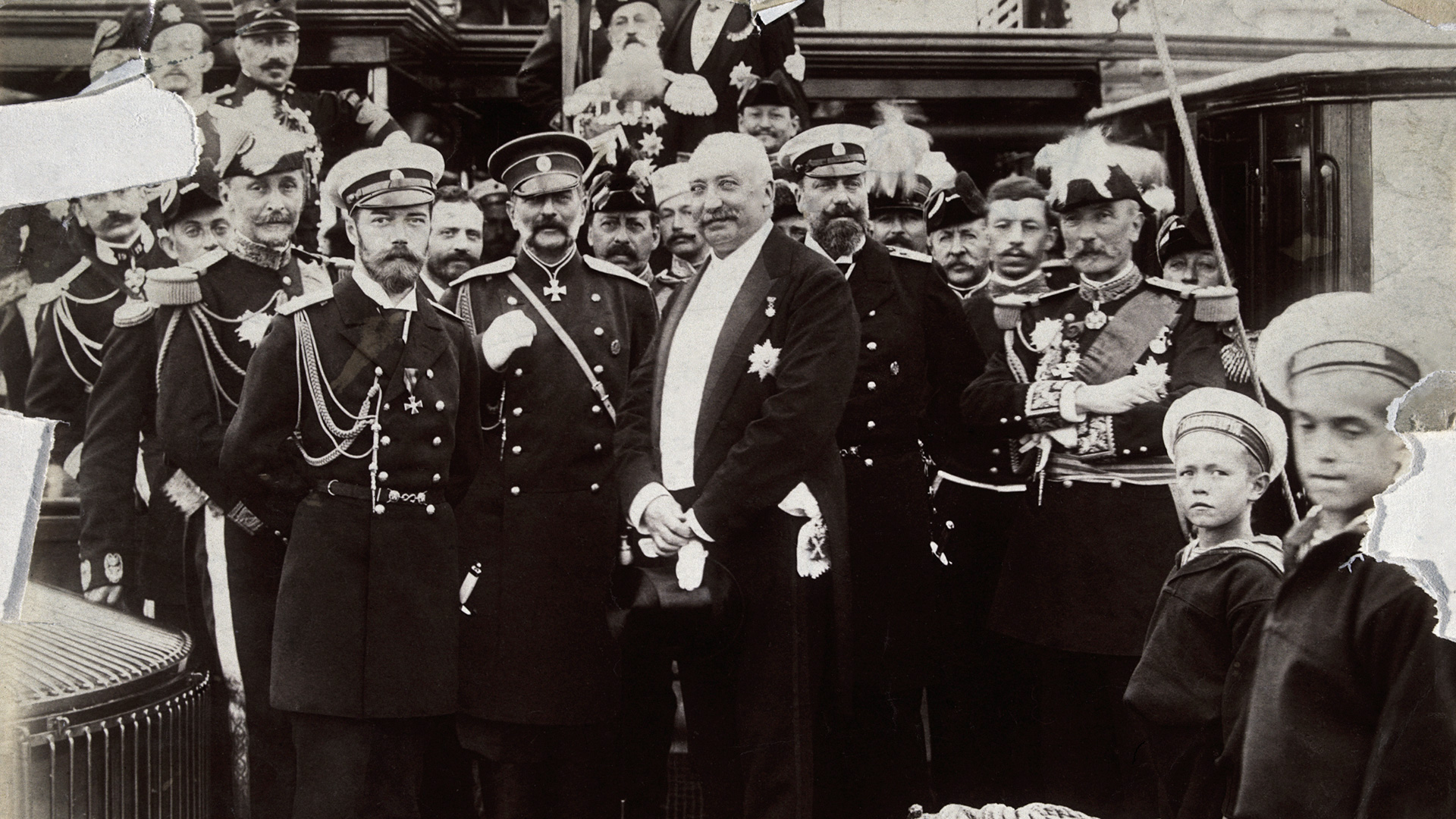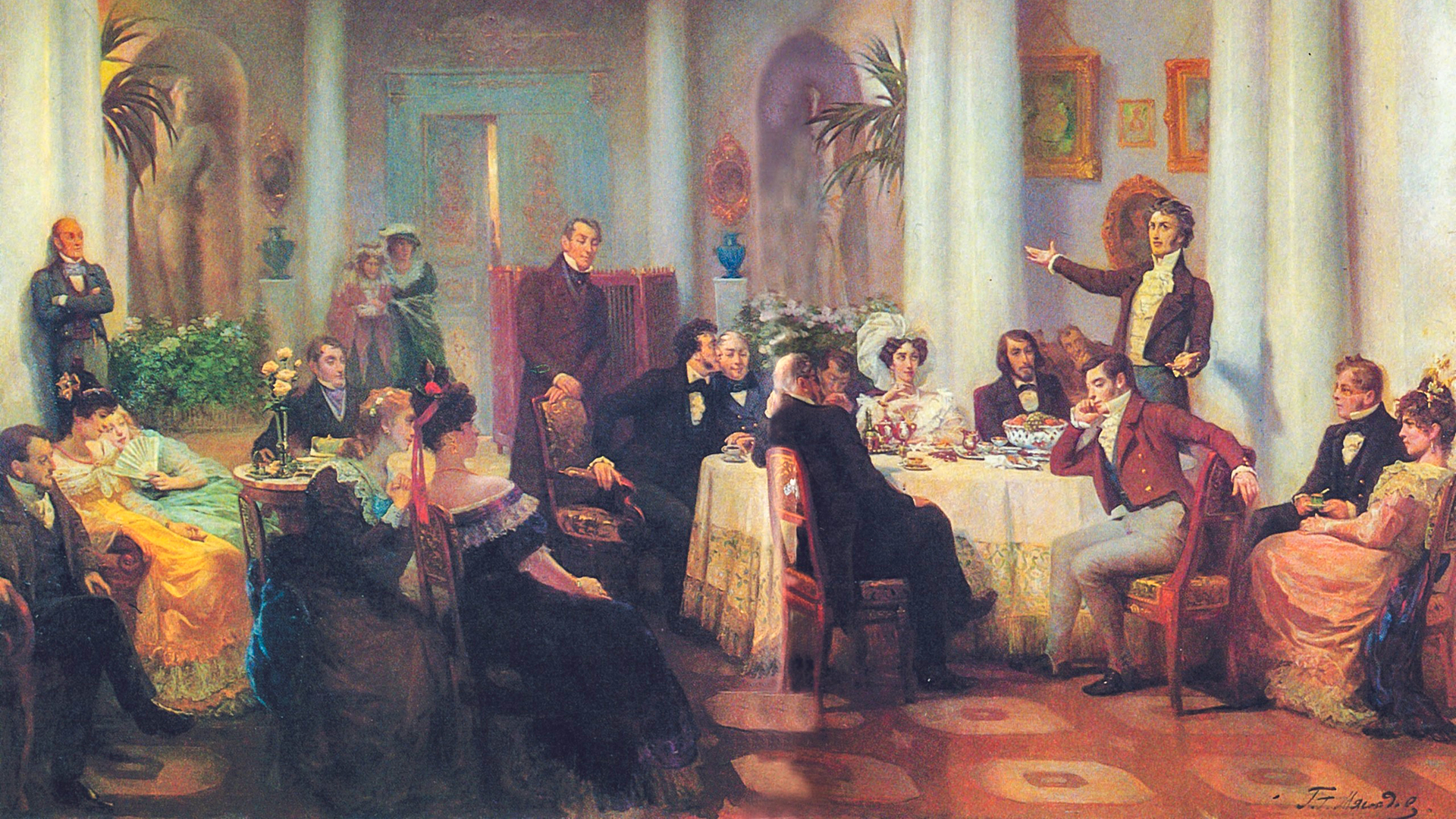
How writer Leo Tolstoy once fought as an officer
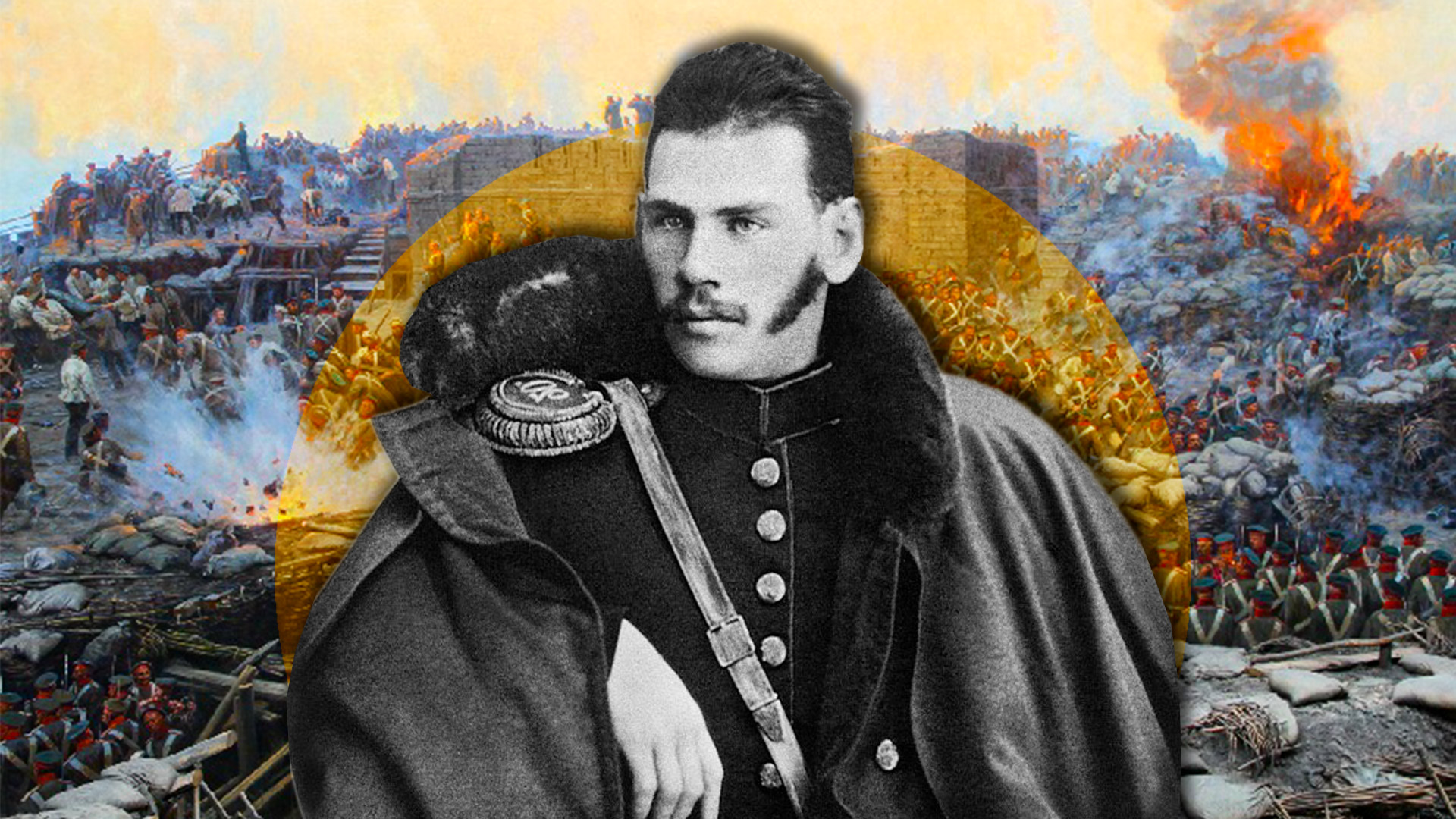
Count Leo Tolstoy first went to war in 1851. Together with his brother, artillery officer Nikolai Tolstoy, he went to the Caucasus, where a brutal struggle against the rebellious highlanders had been going on for many years.
The future writer took part in sorties and campaigns as a volunteer and then passed the necessary exams and received the non-commissioned officer rank of artillery fireworker.
Then, Tolstoy almost died in the battle on the Michik River, while, in the Khankala Gorge, he was ambushed and barely escaped the highlanders. “I finally found the sensations,” he wrote, describing his service.

More than once, the command wanted to present him an award, but the count’s disdainful attitude towards discipline and the performance of routine duties kept interfering. Once, he was even arrested for leaving his post without permission.
After the outbreak of the Crimean War, the writer, already with the rank of ensign, was assigned to the Danube Army and sent to the Balkans, where he took part in the siege of the Turkish fortress of Silistra.
“Exactly three months… of idleness and a life with which I cannot be satisfied… If three days pass during which I do nothing for the benefit of people, I will kill myself. Help me, Lord,” Tolstoy lamented. The Lord may have, indeed, heard him, as he then managed to get transferred to besieged Sevastopol.
There, he commanded a battery on the 4th bastion, one of the key ones in the city’s defensive system. For his “coolness and resourcefulness”, he was awarded the ‘Order of St. Anne’, 4th degree.
In between battles, Tolstoy wrote his famous ‘Sevastopol Tales’, where he described the war “not in a correct, beautiful and brilliant formation, with music and drumbeats, with fluttering banners and prancing generals, but… in its true expression – in blood, in suffering, in death…”
At the end of 1856, then Lieutenant Tolstoy left military service forever.



